Hungary – The American media outlet Bloomberg has published an article entitled “War Next Door Boosts Orban Campaign to Keep Power in Hungary” in the wake of the Hungarian Prime Minister’s speech for the 15 March 1848 celebrations. Based on a poll by the Századvég Institute published on 9 March, Bloomberg suggests that the Russian–Ukrainian war has strengthened Viktor Orbán’s position in his campaign for re-election on 3 April.
According to the survey conducted by an institute close to the Hungarian government, 66 per cent of respondents believe that Viktor Orbán is “the most suitable leader to guarantee Hungary’s security during the Russian–Ukrainian conflict”, while only 25 per cent think the same of Péter Márki-Zay, the united opposition’s candidate.
Since Russian troops have entered Ukraine, the Hungarian election campaign has been completely dominated by the war in the neighbouring country, and the opposition has been struggling to find a space in this sudden shift in its political agenda. Represented by a candidate lacking support and who has done a lot to make his own camp feel uncomfortable, the opposition’s campaign strategy is now to turn the sound up as they chant their years-old slogans: “We choose the West against the East”, “Putin and Orbán are dictators, the European Union is part of the free and democratic world”, and so on.
Even though something has undoubtedly happened in the minds of Hungarians since the start of the Russian military operation on 24 February, this does not mean that these opposition slogans will necessarily have a significant impact at the ballot box. Voting intentions for the opposition candidate have not taken off, and it is instead the government side and the Prime Minister who seem to be benefiting from this crisis situation.
It would seem that, for Hungarians, condemning the Russian invasion of Ukraine does not automatically mean questioning the policy of opening up to the East pursued by Viktor Orbán for the past ten years, which was in fact first started in 2003–2004 by former socialist Prime Minister Péter Medgyessy – without causing any particular stir at the time. In any case, even if this policy of openness to the East risks being reshuffled in the future because of the Russian–Ukrainian conflict, the current climate of high tension in Hungary’s vicinity is not enough to change the trend in voting intentions.
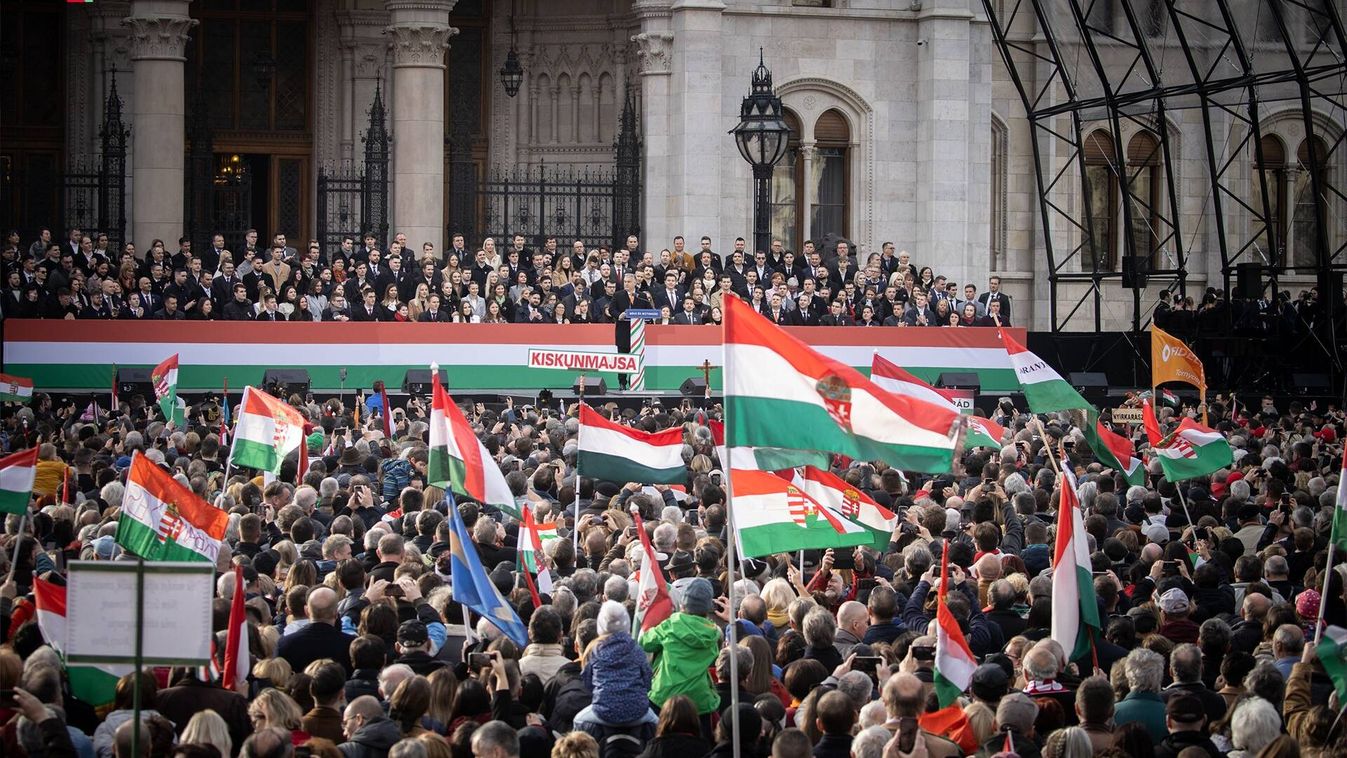

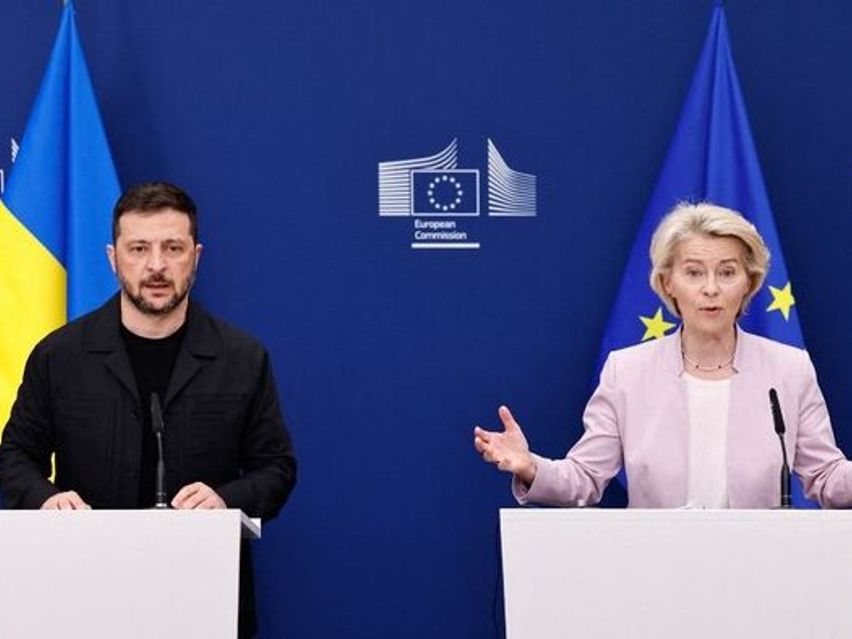

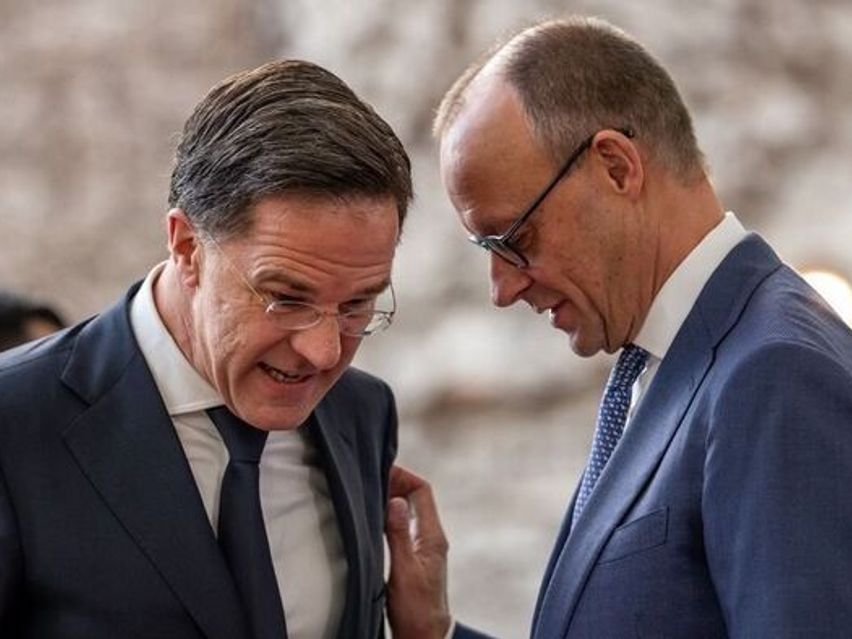


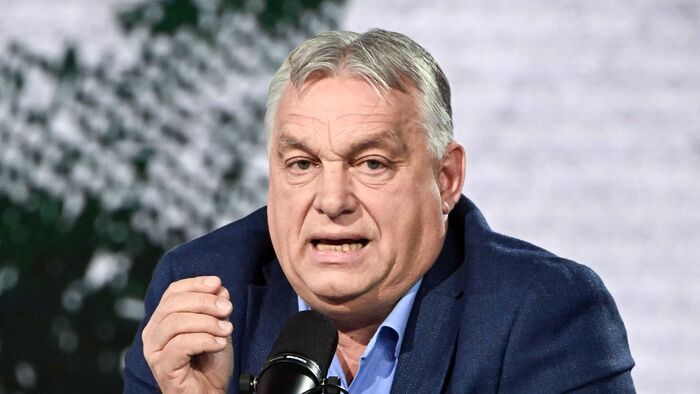



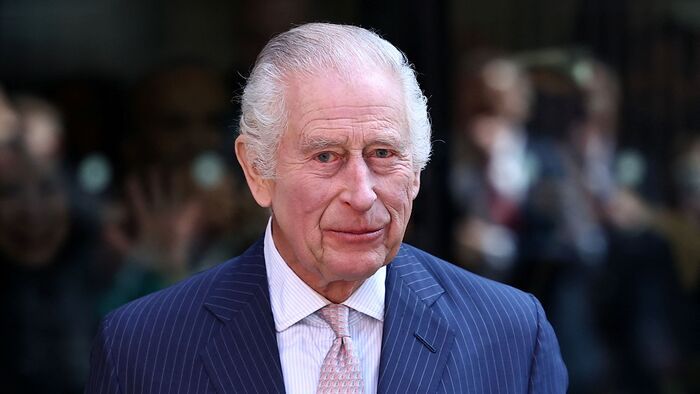
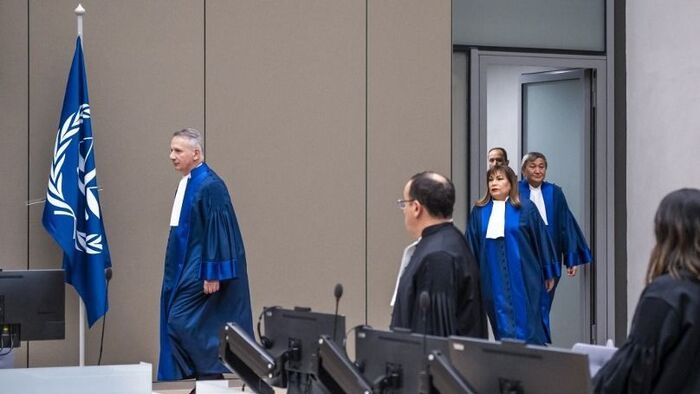
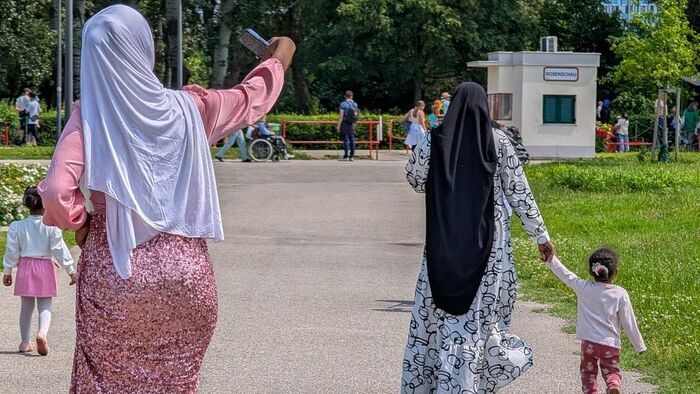

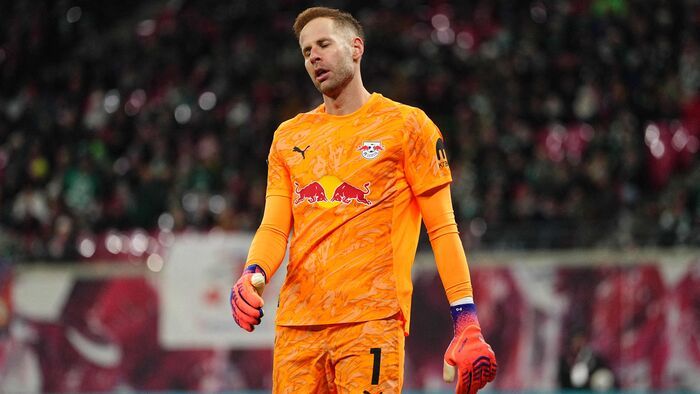
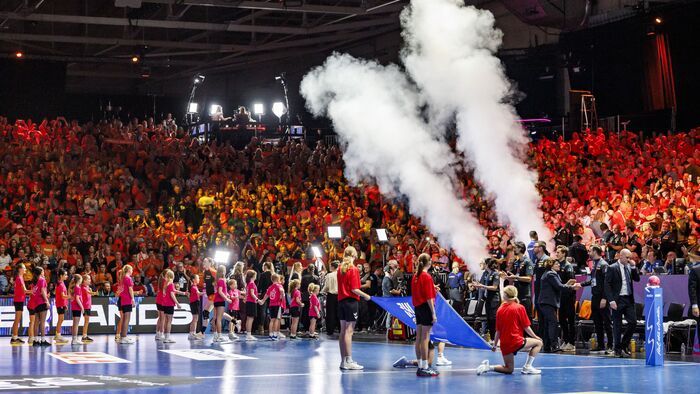


Szóljon hozzá!
Jelenleg csak a hozzászólások egy kis részét látja. Hozzászóláshoz és a további kommentek megtekintéséhez lépjen be, vagy regisztráljon!